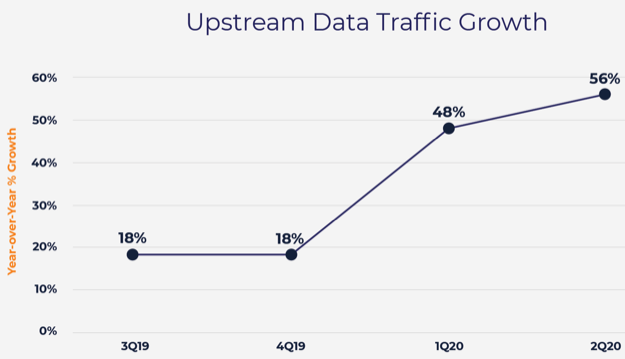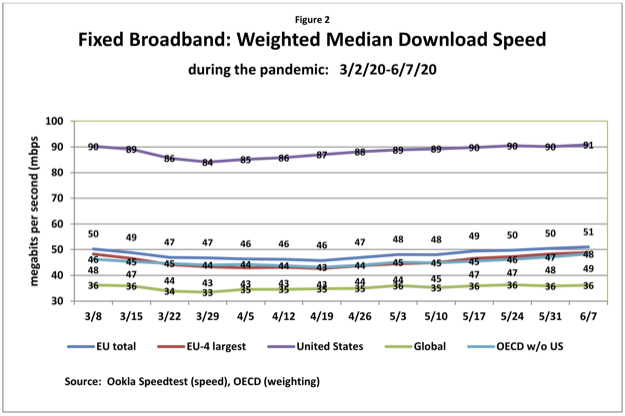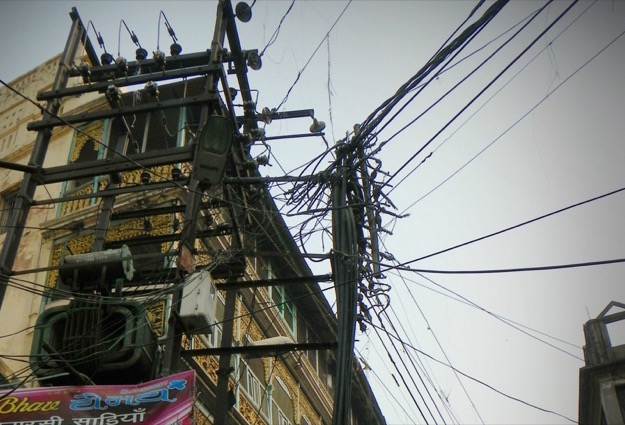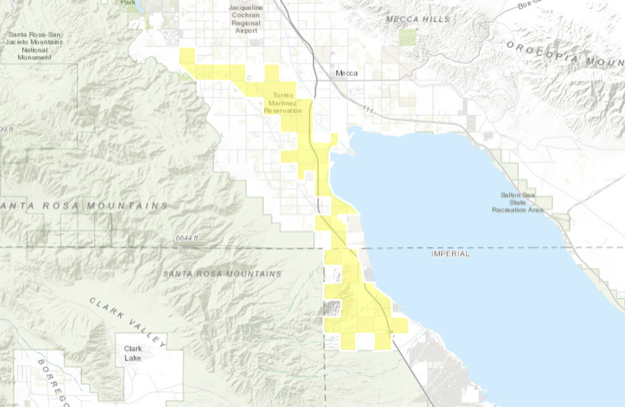Phone service is phone service and emergency obligations apply regardless of technology, CPUC decides
![By USFS Region 5 (Thomas Fire) [CC BY 2.0 (https://creativecommons.org/licenses/by/2.0) or Public domain], via Wikimedia Commons](https://www.tellusventure.com/images/2018/7/thomas_fire_2018_utility_lines.jpg)
Telephone companies have to follow disaster readiness and response rules laid down by the California Public Utilities Commission, regardless of the technology they use. That’s the CPUC’s opinion anyway. In a sharply written unanimous decision published yesterday, commissioners rejected challenges to telephone (but not broadband) emergency response obligations that they imposed on incumbent telcos, cable companies, mobile carriers and VoIP providers alike last year.
The regulatory logic that underpin those obligations also formed the basis for the CPUC’s initial response to the covid–19 emergency and the disaster resiliency standards for communications services that it recently adopted.… More





![By 401(K) 2012 [CC BY-SA 2.0 (https://creativecommons.org/licenses/by-sa/2.0)], via Wikimedia Commons](https://www.tellusventure.com/images/2017/5/piggy_bank.jpg)



